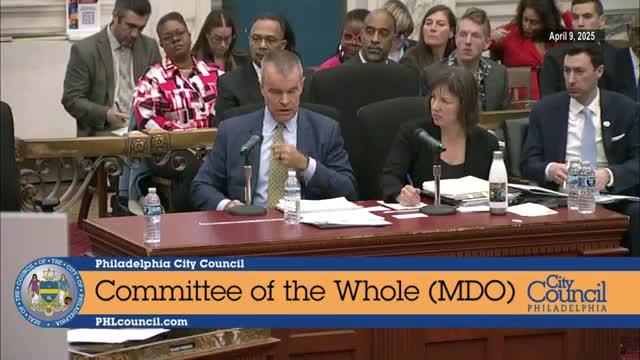Article not found
This article is no longer available. But don't worry—we've gathered other articles that discuss the same topic.
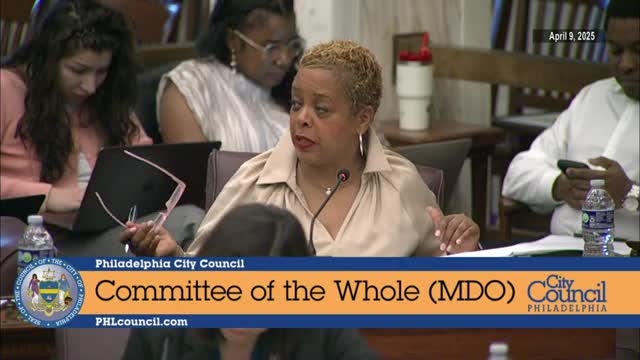
Council presses managing director on Support Center for Child Advocates funding and lack of performance measures
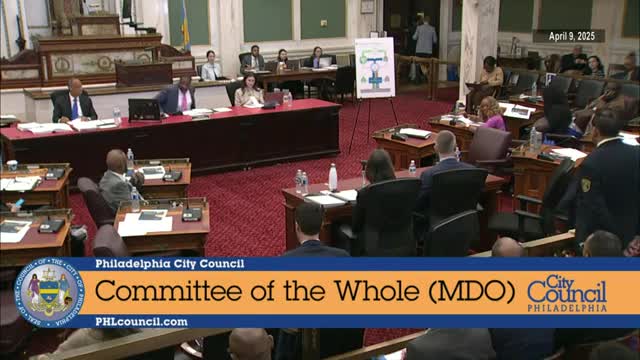
Managing director: $450,000 added for immigrant legal services; placement under Defender's Association under discussion
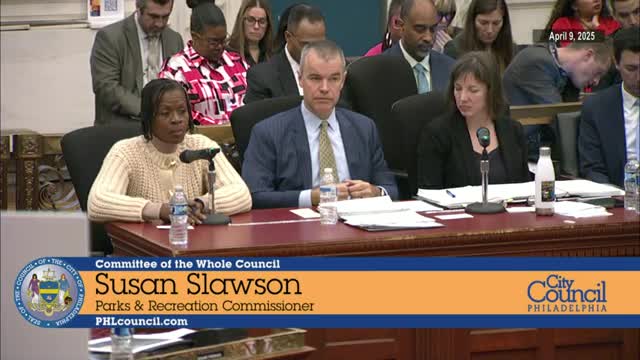
Parks & Recreation leaders and MDO outline rebuild progress, summer hiring and Philly Flush restroom plans
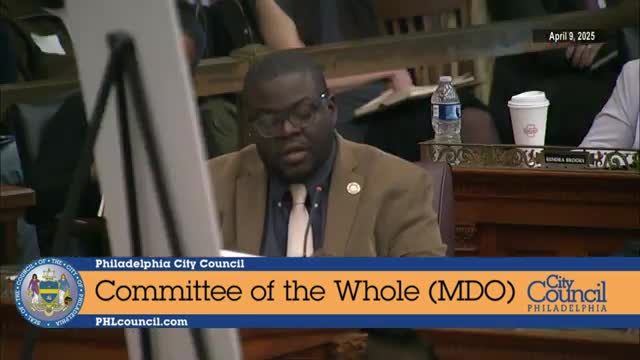
Officials promise upgrades to Philly311 app, acknowledge confusion over 'closed' service tickets
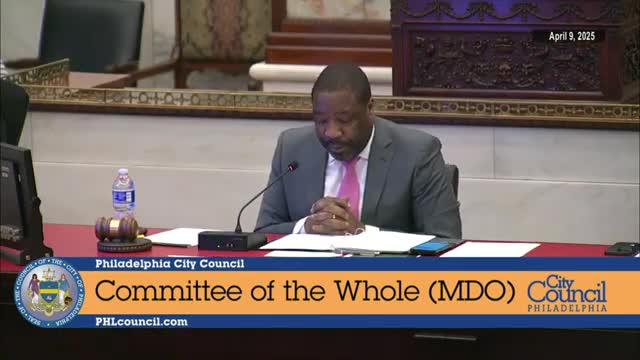
City officials outline Vision Zero updates — more protected bike lanes, intersection work and speed enforcement
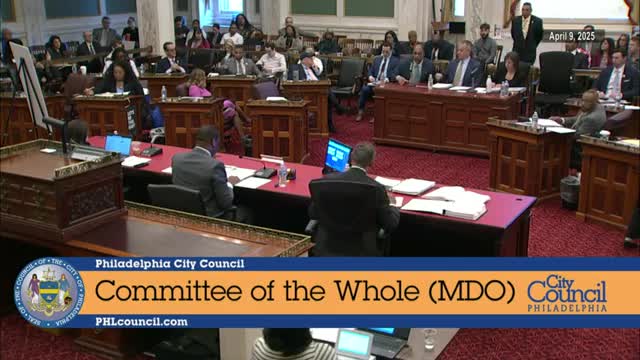
City says highway and corridor beautification funds will be coordinated across agencies
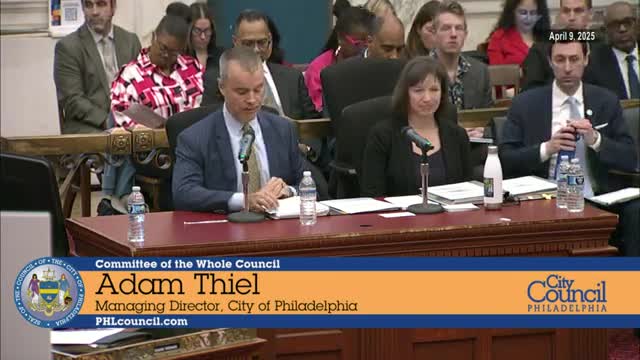
City managing director confirms plan to continue SEPTA Key Advantage for employees and seeks extension of 0 Fare pilot
